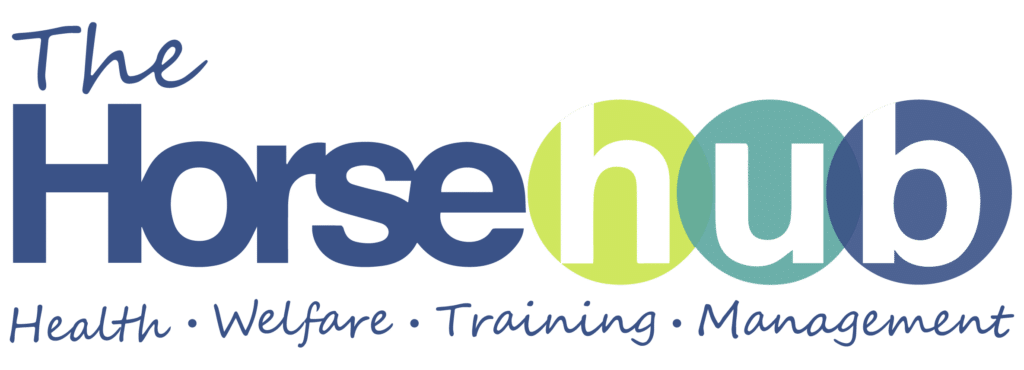Behaviour, Daily Management, Featured, Training and Management
The ‘duvet day’ – how does it affect your horse?
Orsolya Losonci, takes a look at ‘the duvet day’, and discusses our perception of a treat vs how it may affect our horses
Keeping horses during the winter months can be very hard and it is very easy when arriving at the yard in grotty weather or, when you are in a bit of a rush, to make that instant decision ‘DUVET DAY’. Often it is the easy option for owners and once in a while, it’s not a terrible thing for the horse but, we should also look at a ‘duvet day’ from the horse’s perspective, especially if they feature regularly in your horse’s routine.
Standing in the stable all day can mean a horse being isolated from herd mates and not being able to carry out natural behaviours such as mutual grooming – which can be stressful. Stress and frustration in horses manifests in many ways, from a tense body and facial expressions, repetitive movements such as pawing, a high head, neck and tail carriage, to tail swishing, pacing, vocalising and increased defecation. Intensity of unwanted behaviours and frequency of stereotypies may increase – or sometimes the horse may just shut down, could lose interest in eating and just be ‘depressed’.
Prolonged periods of confinement may also result in rebound behaviours; the horse may ‘forget his manners’– barging and bucking when being led, generally becoming difficult to handle in and out of the stable. Simple alterations in their management and small adjustments in their environment, can help to ensure optimum welfare and decrease the chance of injuries.
Enrichment
Installing stable enrichments, such as a stable mirror, toys, licks and scratching boards can stimulate browsing behaviour in horses, increase their welfare and, help them cope better with short term confinement.
Think about planning ahead for a duvet day, why not try preparing DIY enrichments for your horse such as swede or other root veg on a rope, invest in a treat ball and maybe, contact an equine behaviourist for suggestions.

Health implications
Perhaps one of the major concerns of restricted movement is decreased gut motility. Standing still for prolonged periods of time can increase the risk of impaction colic, especially during wintertime, when overall water consumption decreases. Take the chill off by adding a kettle of hot water to the bucket and, encourage forage intake by hanging hay nets in multiple locations and at different heights in the stable, including loose hay on the ground. This could help ensure that a duvet day does not leave your horse’s stomach empty for a prolonged period – a major contributing factor for gastric ulcers and it stimulates movement.
A slow feeder can be an excellent idea particularly for good doers, where duvet days can easily contribute to excess calorie intake and unwanted weight gain. While trickle nets or double netted hay nets may seem like a good option, these can cause frustration to some horses and, can have a negative effect on the neck and back muscles, also when used long term, may result in abnormal tooth wear.
Physical implications
Having a duvet day is not good for your horse’s musculoskeletal and respiratory health. Horses prone to respiratory conditions such as equine asthma, may show elevated symptoms after a duvet day due to prolonged exposure to airway irritants and, confinement may also result in filled legs. Low-intensity exercise, such as taking him on a 20-minute enrichment walk or doing some light pole work in the arena, can help tackle this problem. Such exercises also can help stimulate synovial production, which is essential to maintain optimum joint health; they are beneficial for their cardiovascular, musculoskeletal and mental health and, help increase the bond between you and your horse.

Hoof health
A duvet day can mean increased amount of time standing in an environment that can be detrimental to hoof health. Horses with contracted heels are particularly susceptible to conditions such as thrush. Bacteria, fungi and yeast thrive in bedding mixed with manure and urine. Providing a dry environment for your horse and picking out hooves on a daily basis should be an important part of your horse’s routine. You could consider using pine shavings, which are also beneficial for respiratory health due to their antimicrobial properties. Exercise stimulates the natural self-cleaning mechanism of the hoof, improves its blood circulation and metabolism, leading to better hoof health overall.
Having a trusted individual, such as yard staff, a friend or a licensed professional who can exercise and cares for your horse, can help find peace of mind when you feel like staying at home. While we all need an off day from time to time, it is important to make sure that such a day does not come at the expense of your horse’s health and welfare.

